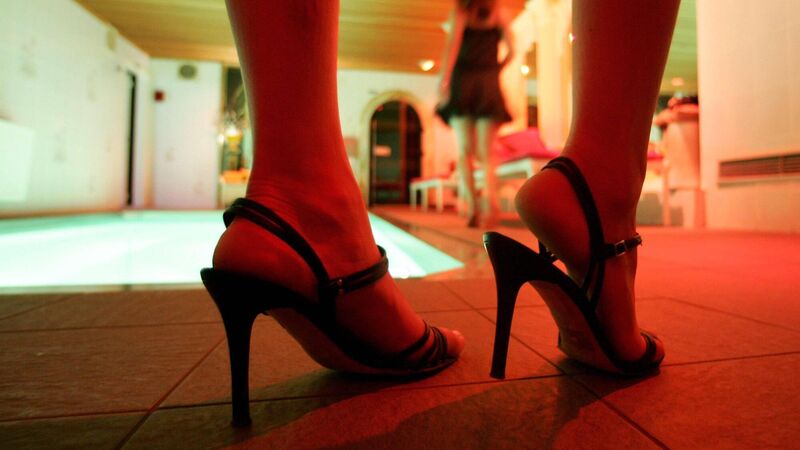Sex in the city — life as an escort in Ireland

Experiences as a sex worker: 'Forced, threatened, raped, lied to.' Picture: Getty
Try from €1.50 / week
SUBSCRIBEAs Anna Rajmon watches her young daughter as they spend time together in her home in the Czech Republic, she is far removed from the hotels, Airbnb rooms, and public transport system which was the bedrock of her work life in Ireland this time last year.
She is reunited with her daughter and her mother, who knew nothing of how she made money in Ireland for over three years, or the lengths she had to take to ensure her work could still continue through the lockdowns of the early days of the covid pandemic.
Already a subscriber? Sign in
You have reached your article limit.
Annual €130 €80
Best value
Monthly €12€6 / month
Introductory offers for new customers. Annual billed once for first year. Renews at €130. Monthly initial discount (first 3 months) billed monthly, then €12 a month. Ts&Cs apply.
CONNECT WITH US TODAY
Be the first to know the latest news and updates
Newsletter
Keep up with stories of the day with our lunchtime news wrap and important breaking news alerts.

Select your favourite newsletters and get the best of Irish Examiner delivered to your inbox
Friday, February 6, 2026 - 9:00 PM
Friday, February 6, 2026 - 9:00 PM
Friday, February 6, 2026 - 9:00 PM
© Examiner Echo Group Limited